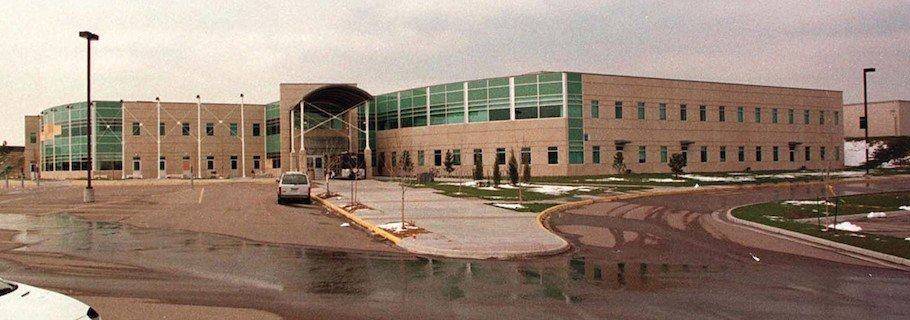I have been reading (or, more accurately, listening to) the book Columbine by Dave Cullen. Written ten years after the 1999 school shootings in Littleton, Colorado, it seeks to be the definitive account of an event that left an indelible mark on America and the world. As I listened yesterday on my way home from the office, there was a short section that leapt out at me. It takes place in the immediate aftermath, just hours after the shootings erupted. The last survivors have been brought to their parents and a few families remain, grappling with the reality that their children will never return.
At Leawood, even the resilient families were faltering. Nothing had changed: no buses, no word, for hours on end. District Attorney Dave Thomas tried to comfort the families. He knew which ones would need it. He had thirteen names in his breast pocket. Ten students had been identified in the library, and two more outside, based on their clothing and appearance. One teacher lay in Science Room 3. All deceased. It was a solid list, but not definitive. Thomas kept it to himself. He told the parents not to worry.
At eight o’clock, they were moved to another room. Sheriff Stone introduced the coroner. She handed out forms asking for descriptions of their kids’ clothing and other physical details. That’s when John Tomlin realized the truth. The coroner asked them to retrieve their kids’ dental records. That went over unevenly. Many took it gravely; others perked up. They had a task, finally, and hope for resolution.
A women leapt up. “Where is that other bus!” she demanded.
There was no bus. “There was never another bus,” Doreen Tomlin said later. “It was like a false hope they gave you.” Many parents felt betrayed. Brian Rohrbough later accused the school officials of lying; Misty Bernall also felt deceived. “Not intentionally, perhaps, but deceived nonetheless,” she wrote. “And so bitterly that it almost choked me.”
Sheriff Stone told them that most of the dead kids had been in the library. “John always went to the library,” Doreen said. “I felt like I was going to pass out. I felt sick.”
She felt sadness but not surprise. Doreen was an Evangelical Christian, and believed the Lord had been preparing her for the news all afternoon. Most of the Evangelicals reacted differently than the other parents. The press had been cleared from the area, but Lynn Duff was assisting the families as a Red Cross volunteer. A liberal Jew from San Francisco, she was taken aback by what she saw.
“The way that those families reacted was markedly different,” she said. “It was like a hundred and eighty degrees from where everybody else was. They were singing; they were praying; they were comforting the other parents, especially the parents of Isaiah Shoels [the only African American killed]. They were thinking a lot about the other parents, the other families, and responding a lot to other people’s needs. They were definitely in pain, and you could see the pain in their eyes, but they were very confident of where their kids were. They were at peace with it. It was like they were a living example of their faith.”
I think every parent wonders how they would react in the face of tragedy, and especially a tragedy as painful as the loss of a child. Here at Columbine we see Christians being Christians even at that darkest hour. Here we see the reality that God really does give grace when grace is needed.










